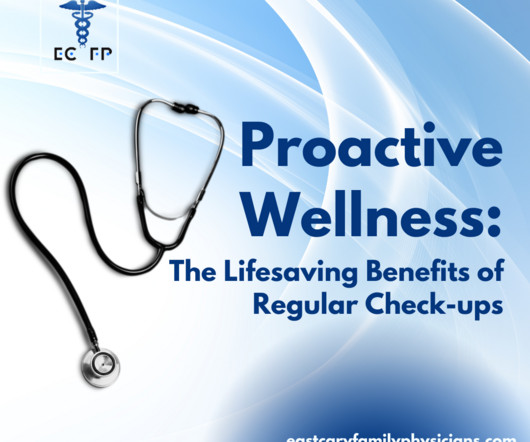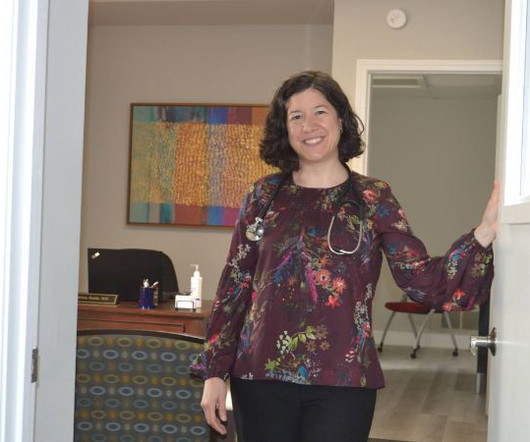What to Expect During a Primary Care Visit
Mesa Family Physician
JUNE 16, 2025
This blog covers everything you need to know—from appointment types and coding to telehealth options and what really happens during your time with the provider. What Is a Primary Care Visit? A primary care visit is your chance to build a relationship with a provider who will oversee your general health.












Let's personalize your content